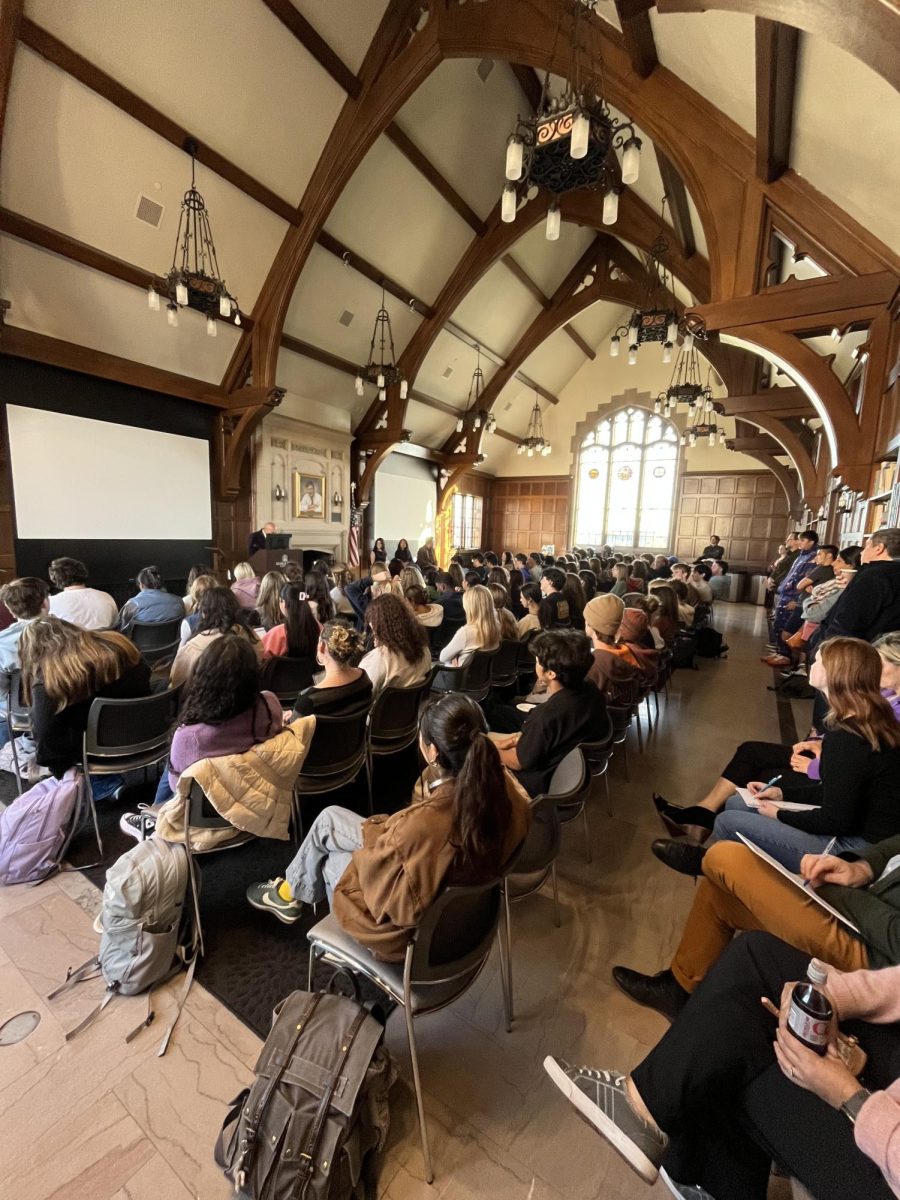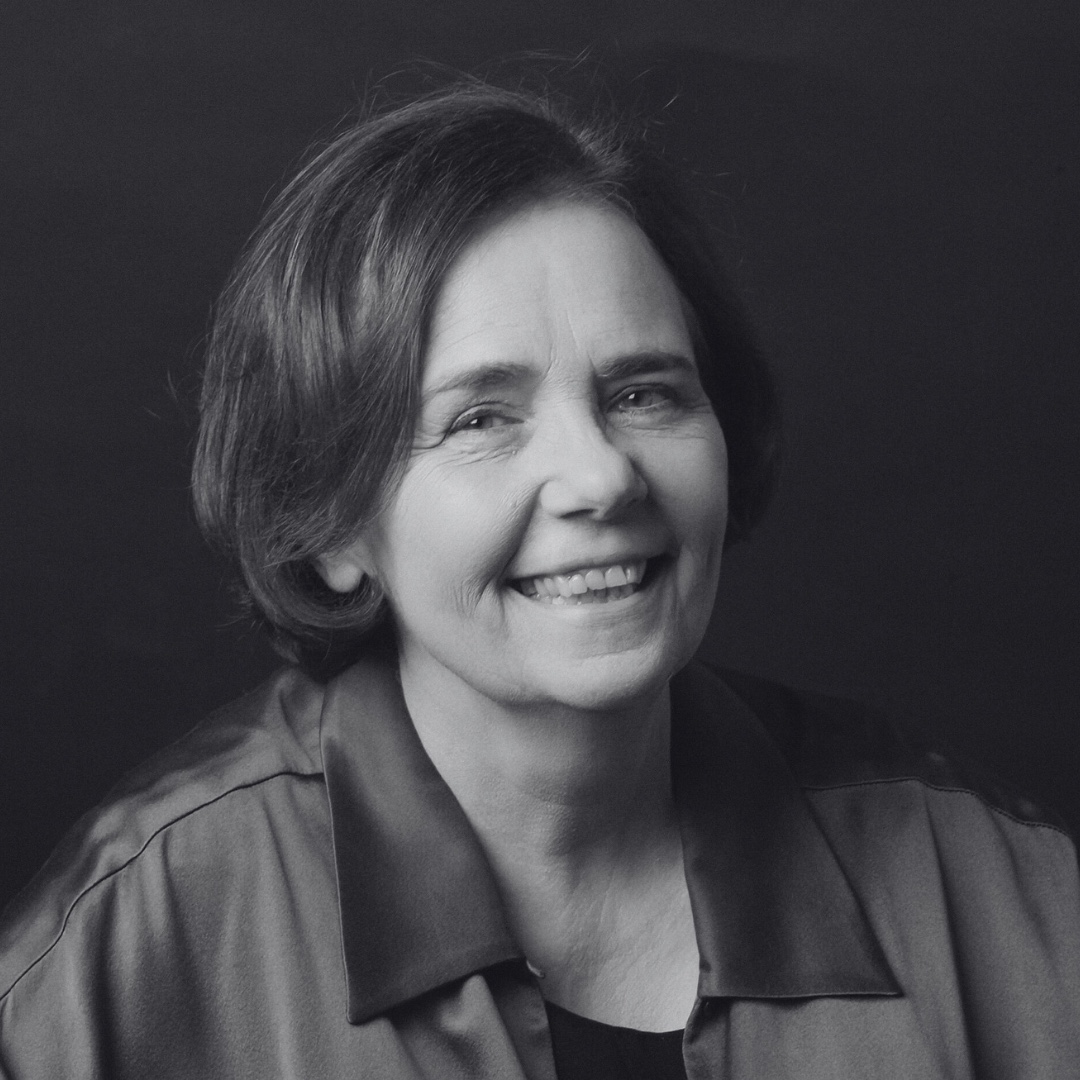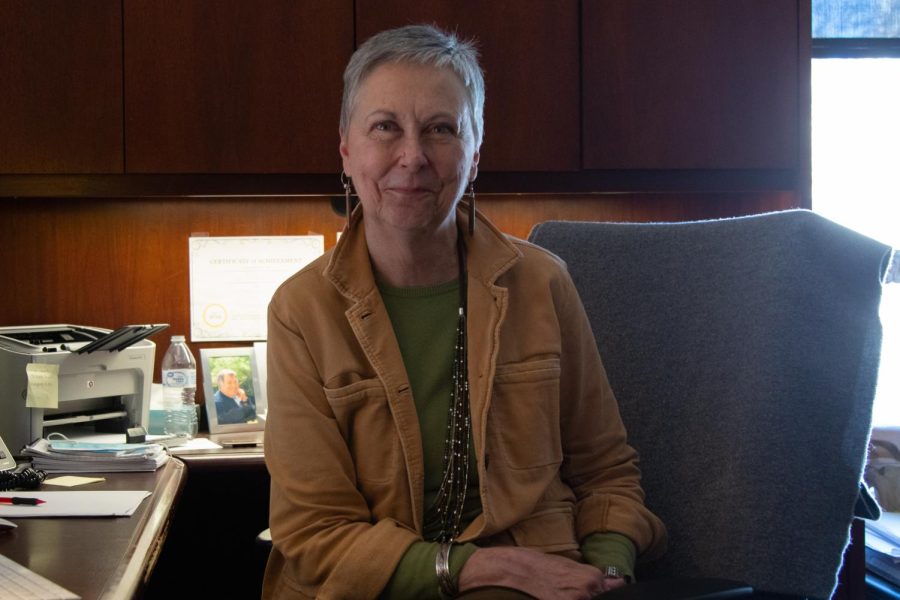
At the height of the sensationalist and corrupt Yellow Journalism movement in America, John Copus quit his position at The Detroit Daily News. He was discouraged by the immoral and unethical turn journalism was taking. Copus decided to use his interests in journalism and morality to create a program that would teach students how to be principled, truth-seeking reporters.
In 1910, Copus founded the College of Journalism at Marquette. Over the next 100 years, Copus’ ideas flourished through Marquette’s Catholic and Jesuit values. William and Mary Diederich helped continue the tradition through a donation made to the college in 2005, and the college was renamed in their honor.
The College of Communication has produced many notable alumni in various professions, including Gail Collins, the first female editorial page editor at The New York Times, and John Solomon, executive editor of The Washington Times.
One hundred years after Copus founded the program, faculty, alumni and students are celebrating a century of journalism at Marquette. A yearlong commemoration of the past and future of journalism began at the Centennial Kick-Off Celebration on Friday at the Milwaukee Public Museum.
Attendees of the event walked through the “Streets of Old Milwaukee” exhibit to learn more about journalism’s past at Marquette. Timelines, photos and interactive media told the story of the history of journalism and the development of student media.
“Journalism, in many ways, is at the center of what we’re doing in the college this year,” said Lori Bergen, dean of the College of Communication, referring to this year’s focus on journalism-related content. “We have a lot of illustrious folks who’ve had an opportunity to serve in this role over many years, but for me to be the person who gets to be dean when we do celebrate the first centennial of journalism at Marquette, it’s an honor. It’s a privilege.”
Bergen said Marquette will continue to advance its journalism program in the next century by being digital, distinctive and diverse.
“There’s almost nothing that’s happening anymore that doesn’t have a digital component,” Bergen said. “Marquette is distinctive in why (we teach journalism).
“We are driven in a mission to serve and be men and women for others. And we’ve been able to make forward progress in bringing inclusiveness to excellence in our communication programs.”
Gary Meyer, vice provost for undergraduate programs and teaching, shared Bergen’s enthusiasm for the centennial.
“It’s wonderful to be able to celebrate such a rich history, and to see all the people who have been touched and touched the lives of others,” Meyer said. “It’s a privilege to be a part of a living history like that. It gives us a peek into what was and what will be. It lets us imagine.”
Alumni expressed pride for the past and future of their alma mater.
“I loved going to school here, and witnessed a lot of change in the program,” said Joy Maguike, who studied journalism at Marquette during the ’60s. “Communication is still what people need.”
Before the Centennial Kick-Off Celebration, a panel of distinguished journalists gathered for a live discussion Friday afternoon about journalism in a democracy, taped in Johnston Hall’s Studio Seven. Guest experts included staff members from the Milwaukee Journal Sentinel, the Chicago Sun-Times and ABC News.
The centennial celebration will continue throughout the 2010-11 academic year with theatrical performances, lectures and reunions.
The Marquette Tribune’s first issue, Sept. 30, 1916
Article by Allison Kruschke and Sarah Hauer
Special to the Tribune



